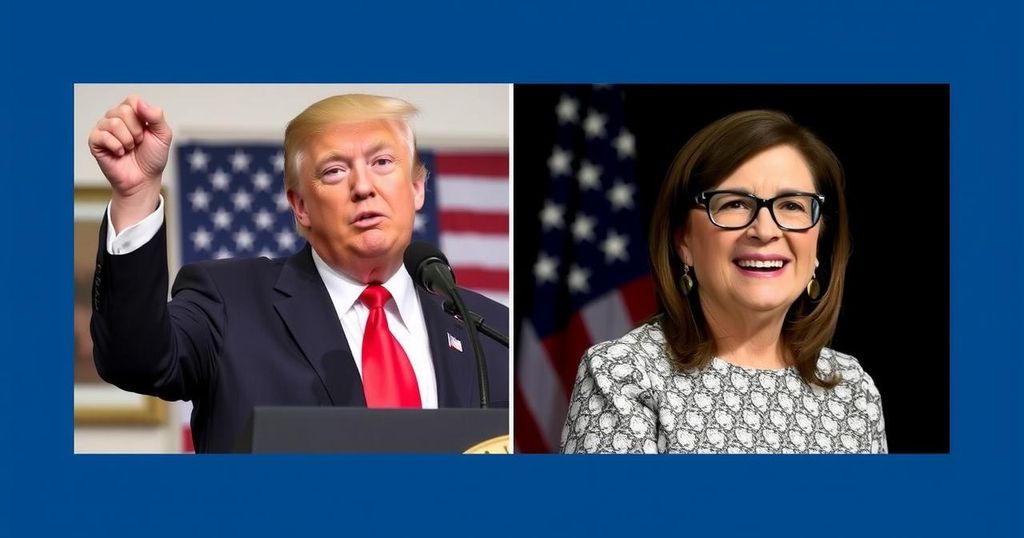On Tuesday, Virginia held three special elections that will decide control of the state Senate and House of Delegates, providing insight into voter sentiments post-Trump’s victory. The elections are critical for Democrats to maintain their slim majorities in both chambers as they navigate issues like abortion rights and economic concerns, amid a backdrop of significant political stakes for both parties.
In Virginia, control of the statehouse is contingent upon the outcomes of three pivotal special elections held on Tuesday, which aim to fill vacancies in the Senate and House of Delegates. These elections are significant as they will serve as a barometer for voter sentiment following the electoral victory of President-elect Donald Trump in November, an event that prompted many Democrats to reflect on their party’s recent difficulties in federal contests. The results will influence the balance of power in the legislature during Governor Glenn Youngkin’s final year in office.
Currently, Senate Democrats maintain a slender majority of 20 to 18, which could be jeopardized due to the special elections spurred by two Democrats’ election to the U.S. House. The House of Delegates has a slightly more favorable position for Democrats with a 50 to 49 lead as they seek to retain their dominance amid these shifts.
In Loudoun County, the contest features Republican Tumay Harding and Democratic Del. Kannan Srinivasan, both vying for a Senate seat left vacant by Suhas Subramanyam’s election to Congress. Concurrently, Democrats, including JJ Singh, and Republicans, such as Ram Venkatachalam, compete for Srinivasan’s vacated House seat. In Goochland County, Republican Luther Cifers faces Democrat Jack Trammell to replace U.S. Rep. John McGuire.
Campaigns across these races highlight key issues, with Democrats focusing on abortion rights amidst broader discussions about securing a constitutional guarantee for such rights in Virginia. “What motivates me is the high-stakes election. The Senate majority is on the line,” stated Srinivasan, emphasizing the significance of the current legislative landscape.
The statehouse elections in Virginia are critical for both Democrats and Republicans as they shape the legislative agenda going forward. Following recent federal election losses, Democrats are particularly interested in retaining their slim margins in both chambers of the state legislature. These special elections follow significant political changes in the Virginia Senate following the election of certain members to Congress, thereby necessitating these elections. In addition, statewide concerns such as abortion rights, economic issues, crime, and education are central to the candidates’ platforms, reflecting broader national trends in voter sentiment post-Trump’s election.
The special elections in Virginia represent a crucial moment for both parties as they vie for control of the state legislature. The outcomes will not only determine immediate party control but may also influence long-term strategies and strategies as Democrats seek to hold onto their narrow majority amidst pivotal discussions about abortion rights and other pertinent social issues. The races also serve as an early indicator of voter attitudes and the political landscape following Trump’s electoral success.
Original Source: apnews.com






